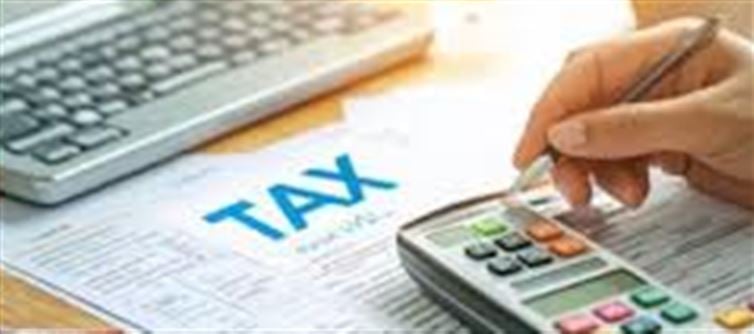
In a big relief move, the Income Tax Department has announced a waiver of interest charges on late payment of tax demands for certain categories of taxpayers. This comes as part of efforts to ease compliance burdens for small taxpayers and ensure fair treatment. Here’s everything you need to know:
🧾 What Has Been Announced?
The IT Department will waive interest under Section 220(2) of the Income Tax Act in specific cases where tax demands were delayed or contested. This means eligible taxpayers won’t have to pay extra interest on top of their original tax dues.
👥 Who Can Benefit?
· Small taxpayers with limited income are the primary beneficiaries.
· As per Section 87A, individuals with taxable income up to ₹7 lakh currently enjoy a full rebate on their tax liability.
· The waiver mainly covers cases where interest piled up due to administrative delays or prolonged dispute resolution.
📅 Applicability Period
The relief applies to outstanding tax demands for earlier assessment years where interest was levied for late payment. Specific cut-off dates and eligibility conditions will be outlined in official circulars.
📌 Why Is This Important?
Many taxpayers—especially salaried individuals and pensioners—found themselves facing interest charges even when their core tax liability was minimal or already adjusted. The waiver is aimed at reducing unnecessary hardship and ensuring fairness.
🖥️ How to Avail the Waiver
· Taxpayers don’t need to make a fresh application in most cases.
· The IT Department is expected to automatically adjust or nullify interest components for eligible accounts.
· In case of disputes, taxpayers may be required to check their updated Annual Information Statement (AIS) or seek clarification through the IT portal.
📊 Wider Impact
This move is expected to:
· Benefit lakhs of small taxpayers across India.
· Reduce litigation around disputed tax demands.
· Improve trust and compliance in the tax system.
✅ Final Word
The waiver of interest on late tax payments is a welcome relief for small taxpayers, ensuring that genuine cases don’t face undue penalties. For individuals earning up to ₹7 lakh, Section 87A already provides rebate benefits—this waiver adds another layer of support, especially in disputed cases.
Disclaimer:
The views and opinions expressed in this article are those of the author and do not necessarily reflect the official policy or position of any agency, organization, employer, or company. All information provided is for general informational purposes only. While every effort has been made to ensure accuracy, we make no representations or warranties of any kind, express or implied, about the completeness, reliability, or suitability of the information contained herein. Readers are advised to verify facts and seek professional advice where necessary. Any reliance placed on such information is strictly at the reader’s own risk..jpg)




 click and follow Indiaherald WhatsApp channel
click and follow Indiaherald WhatsApp channel